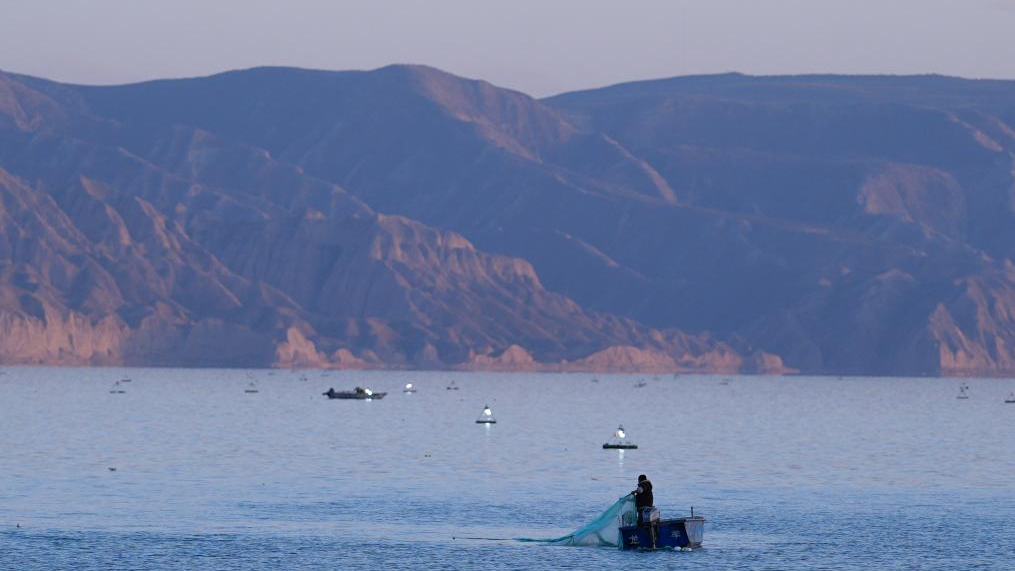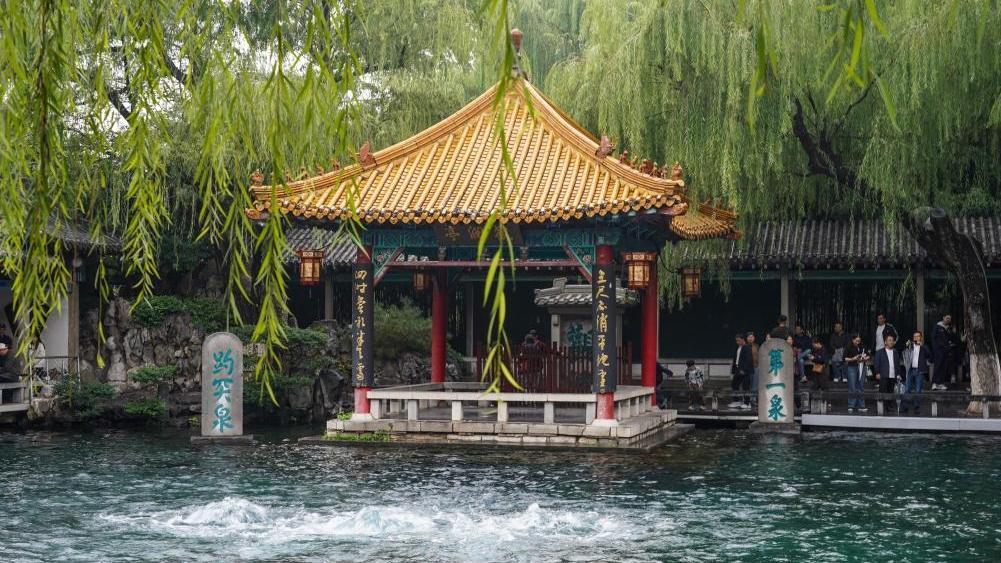Trump meets Albanese, nailing down rare earth deal; move cannot change supply landscape soon due to refinery bottleneck: expert
US President Donald Trump met visiting Australian Prime Minister Anthony Albanese on Monday at the White House, nailing down a rare earth agreement, but Chinese observers noted the deal cannot shake China's dominant status in supply chain in short term, as the thorny issue is advanced refining technologies rather than reserves.
Citing Australia's cheer for White House's vague promises on AUKUS and hype of its intrusion in the South China Sea, analysts reminded that Canberra may miss the big picture and suffer long-term losses if keeps being a staunch ally of the US.
Trump and Albanese signed a rare earth minerals agreement, which will see $1 billion in investments from the US and Australia over the next six months to get started on projects "immediately," BBC reported.
In his opening remarks, the US president said that the US and Australia will be signing an agreement on critical minerals and rare earths. Without revealing any details about that deal, he claimed that within a year, "we'll have so critical minerals and rare earths that you won't know what to with them," per BBC.
The signing of the critical minerals deal was seen as a major strategic win by Australia, reported the Guardian.
A framework agreement circulated by the Australian government said it would see the two countries work together on "coordinated investment to accelerate development of diversified, liquid, fair markets for critical minerals and rare earths." The agreement says they will work together on mining and processing, including mobilizing government and private sector support through guarantees, loans, or equity and offtake arrangements, said the Guardian report.
Both the US and Australia are interested in expanding processing capacity outside of China, but doing so is expected to require significant investment, including on the part of government, according to BBC.
Yu Lei, a professor from the Department of International Politics and Economics at Shandong University, told the Global Times on Tuesday that the core issue behind the rare earth and critical mineral agreement signed by the US and Australia lies in technology rather than resources.
Rare earth resources are not in short supply globally; the real challenge is the extremely high technical threshold for rare earth purification. China is one of the countries mastering the most advanced technology in this high-precision purification technology and achieved large-scale industrial production while also maintaining advantage in cost control, according to Yu.
Australia has actively responded to the US call in terms of policies and is willing to cooperate with the US in imposing blockades on China in key resources and technologies. However, Australia also faces two practical dilemmas, Yu warned, "first is the market issue—its rare earth products lack sufficient export markets, and US domestic demand is far from enough to absorb Australia's production capacity; second is the technological bottleneck—Australia currently cannot meet the requirements for high-purity refining.
The cooperation between the US and Australia cannot shake China's dominant position in the rare earth supply chain in the short term, but reminds China of necessity to accelerate the layout and reserve of critical metal resources on a global scale, Yu noted.
The deal came amid the US' eager move to decrease dependence on Chinese rare earths. After China announced rare earth export control measures, US Treasury Secretary Scott Bessent recently called on US allies to "work together to de-risk and diversify our supply chains away from China as quickly as possible."
Chinese Foreign Ministry responded on October 16 that Chinese competent authorities have stated on multiple occasions China's position on the export control measures on rare earths. China's export control measures are consistent with international practice and are taken to better safeguard world peace and regional stability, and to fulfill China's non-proliferation and other international obligations, spokesperson Lin Jian said at a press briefing.
During their meeting, Trump also allayed fears from Australia that the US would not commit to the trilateral AUKUS agreement signed together with the UK in the previous administration, telling reporters AUKUS is moving "full steam ahead" and that there are only minor "clarifications" left to be ironed out, BBC reported.
Asked if the AUKUS agreement deters China, the US president said yes, but added "I don't think we're going to need it" with China. The US has the best military in the world, and nobody wants to mess with it, he said, "We're going to get along great with China.
Chen Hong, a professor and director of the Australian Studies Centre at East China Normal University, said on Tuesday that Australia may have cheered over the news, but the US' expression was quite vague. The submarine deal, even if passes the ongoing review by the US administration, may not be fulfilled in full term as stipulated and the submarines cannot be delivered on time, considering the US' manufacturing capacity can hardly meet its domestic needs.
Bloomberg reported in September 2024 that the US Navy's new Virginia-class submarines slipped two to three years behind schedule and are projected to run $17 billion over their planned budget through 2030.
Chen told the Global Times that Albanese administration needs to secure some achievements during this meeting with US president amid pressure from domestic opposition saying he messed up Australian ties with the US, and assert Canberra's strategic significance for Washington.
Chen said the rare earth deal also serves as a pledge of loyalty to the US, similar to the Australia warplane intrusion and hype of the incident.
An Australian P-8A aircraft on Sunday intruded into China's territorial airspace over the Xisha Qundao, and the Chinese People's Liberation Army (PLA) Southern Theater Command organized naval and air forces to track and monitor the Australian aircraft, warn it away in accordance with laws and regulations, a military spokesperson said on Monday.
Australia hyped the PLA reaction as "unsafe and unprofessional," shifting the blame to the victim,a military affairs expert commented.
Chen Hong said that Australia is facing diplomatic dilemmas and frustrations. Australia shares a broad foundation of common interests with China. However, as a staunch ally of the US, it also exhibits a strong dependency inertia toward the it and faces practical "ally obligations."
Chen described Albanese' Washington visit as "band-aid diplomacy" with the US; however, Australia should also bear in mind the big picture and long-term interests for itself. "The amount of the rare earth deal is dwarfed by the benefits of maintaining a sound relationship with China; and being the US ally should not be at the expense of stability in Asia-Pacific," the expert said.
Photos
Related Stories
- Trump urges Russia, Ukraine to "stop where they are" to end conflict
- Trump meets Zelensky, rules out trilateral summit
- Trump says U.S. weighing actions against drug cartels "coming by land" from Venezuela
- Trump says he will send National Guard to Memphis, Tennessee
- Trump says not to attend G20 summit in South Africa
- Second round of Putin-Trump talks possible in near future: Kremlin
Copyright © 2025 People's Daily Online. All Rights Reserved.









